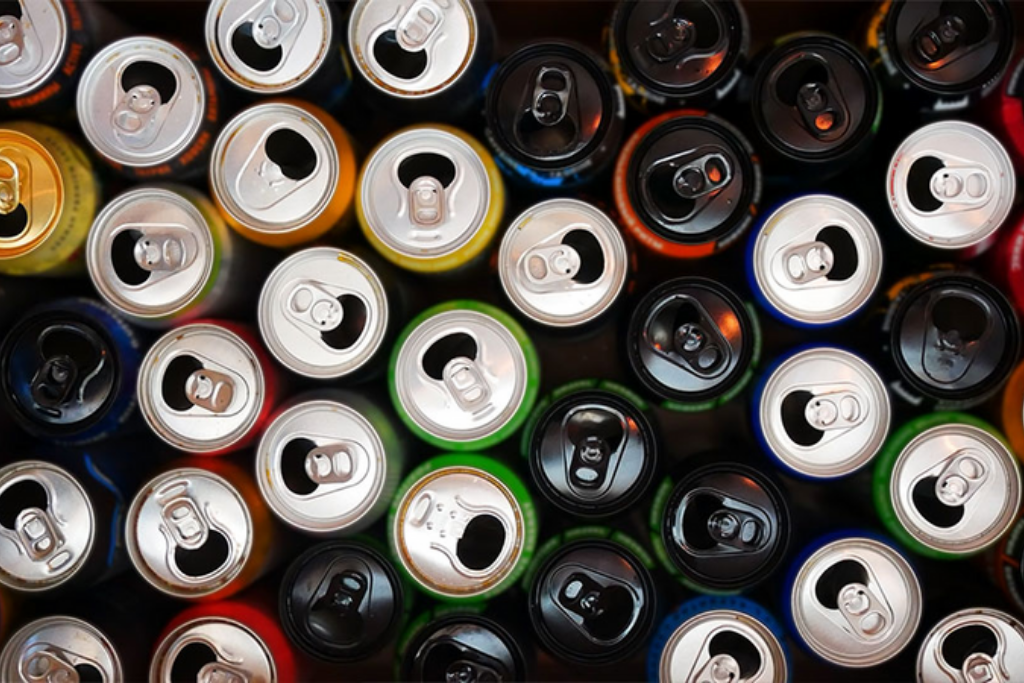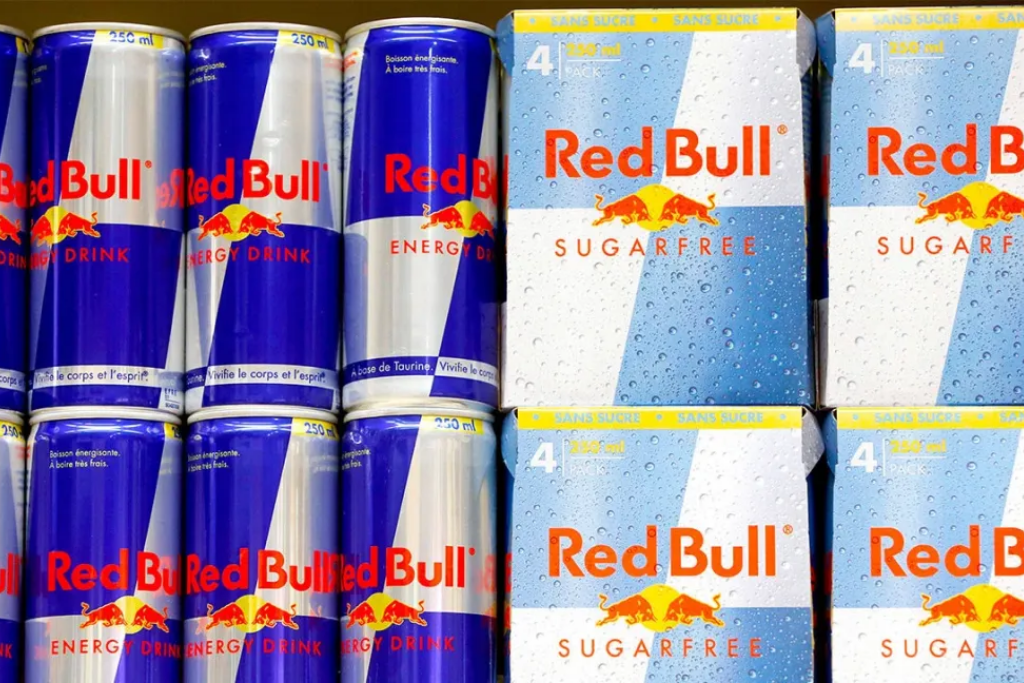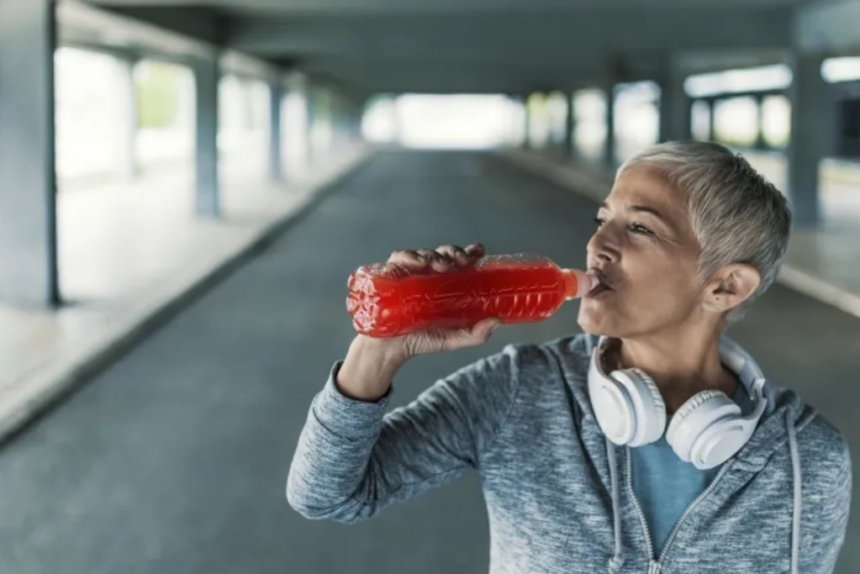Introduction: Understanding Energy Drinks and Health
Energy drinks and health have become a major topic of concern in today’s fast-paced world. With more people reaching for energy-boosting beverages during work, study, or workouts, it’s crucial to understand the true impact these drinks can have on the body. The ingredients vary widely—from caffeine and sugar to herbal stimulants—raising questions about safety and long-term effects.
“The surge in energy drink consumption among young adults and teens makes it imperative to examine their health implications,” says Dr. Amanda Lewis, a public health expert. This article explores the physiological, psychological, and societal effects of energy drinks, empowering readers to make informed decisions.
What Are Energy Drinks Made Of?
To evaluate the relationship between energy drinks and health, it’s essential to examine what goes into these products. Common ingredients include high doses of caffeine, taurine, B vitamins, guarana, and large amounts of sugar or artificial sweeteners. While some of these components offer temporary mental stimulation, others pose health risks if consumed excessively.
“A single can may contain up to 500 mg of caffeine—that’s more than four cups of coffee,” notes Dr. Javier Mendoza, a toxicologist. This excessive stimulation can lead to serious side effects, especially when combined with other stimulants like guarana.

How Energy Drinks Affect the Heart
One of the most researched aspects of energy drinks and health concerns the cardiovascular system. High doses of caffeine and other stimulants can cause elevated blood pressure, arrhythmias, and in extreme cases, cardiac arrest. These effects are amplified when consumed during physical activity or mixed with alcohol.
“Caffeine constricts blood vessels, making the heart work harder,” explains cardiologist Dr. Nisha Verma. Studies show that people who regularly consume energy drinks may be at increased risk of heart issues, especially if they have preexisting conditions.
The Impact on Mental Health and Sleep
Another crucial dimension of energy drinks and health is their effect on the brain. While short-term cognitive benefits like alertness and concentration are often cited, the long-term consequences can include increased anxiety, mood swings, and poor sleep quality. Sleep disruption, in particular, can lead to a cascade of health problems.
“Excess caffeine disrupts circadian rhythms, which may lead to insomnia and chronic fatigue,” says sleep specialist Dr. Erin Cho. Sleep-deprived individuals are more prone to stress, depression, and reduced cognitive function.
Effects on Adolescents and Young Adults
Energy drinks and health risks are particularly pronounced in adolescents and young adults. Developing bodies and brains are more vulnerable to the adverse effects of high caffeine intake. Many teenagers consume these drinks for better academic or athletic performance, often unaware of the dangers.
“Teens are not just small adults. Their bodies process stimulants differently,” warns pediatrician Dr. Marcus Hill. The American Academy of Pediatrics strongly discourages energy drink consumption among minors due to potential harm to heart and mental health.
Are Sugar-Free Energy Drinks Any Safer?
Some consumers switch to sugar-free versions, assuming they’re better for health. While they eliminate the high sugar content, these drinks still contain caffeine and other stimulants. Moreover, artificial sweeteners like aspartame and sucralose come with their own health controversies.
“Don’t be misled by ‘zero sugar’ labels. These drinks still pose risks,” states nutritionist Dr. Helen Park. Though they may reduce the risk of diabetes and weight gain, they are not free from other harmful effects.
Energy Drinks vs. Coffee: A Healthier Choice?
Comparing energy drinks and health effects with those of coffee can help consumers make better choices. While both provide caffeine, coffee generally lacks the added sugars and synthetic additives found in energy drinks. It also contains antioxidants that may benefit cardiovascular health.
“Natural caffeine sources like coffee or tea are preferable due to their simpler composition,” suggests wellness coach Ava Dean. If energy is the goal, opting for a cup of black coffee could be a much safer route.
Mixing Energy Drinks with Alcohol: A Dangerous Trend
One alarming trend is the combination of energy drinks and alcohol. This practice masks the effects of intoxication, making individuals more likely to engage in risky behaviors or consume excessive alcohol.
“This is a dangerous cocktail—literally. It can lead to alcohol poisoning without warning signs,” warns emergency physician Dr. Ray Banerjee. The stimulating effects of energy drinks may give a false sense of alertness while the body is still impaired.

Long-Term Health Risks of Regular Consumption
Frequent consumption of energy drinks can lead to chronic issues such as hypertension, obesity, metabolic syndrome, and even kidney damage. These risks highlight the long-term implications of poor dietary habits involving high-stimulant beverages.
“The long-term risks often go unnoticed until it’s too late,” says dietitian Laura Kim. Prolonged exposure to artificial ingredients and caffeine overload can silently deteriorate health over the years.
Healthier Alternatives to Energy Drinks
Fortunately, there are many natural ways to boost energy without compromising health. Options like green tea, smoothies, or simply proper hydration can offer sustainable energy levels. Getting adequate sleep, regular exercise, and a balanced diet are the best long-term solutions.
“Energy should come from healthy habits, not chemical stimulants,” affirms Dr. Noor Rahman, an integrative medicine expert. Investing in wellness strategies can eliminate the perceived need for energy drinks entirely.
Conclusion: Rethinking Energy Drinks and Health
The conversation around energy drinks and health must go beyond marketing slogans and colorful cans. From heart health and mental well-being to long-term chronic risks, the evidence is clear—these beverages can pose serious health hazards, particularly when consumed regularly or by vulnerable groups.
“Education is the first step toward prevention,” concludes public health advocate Dr. Simon Lau. Understanding the science behind energy drinks enables smarter decisions for a healthier lifestyle. Choose wisely—for your heart, mind, and future.




